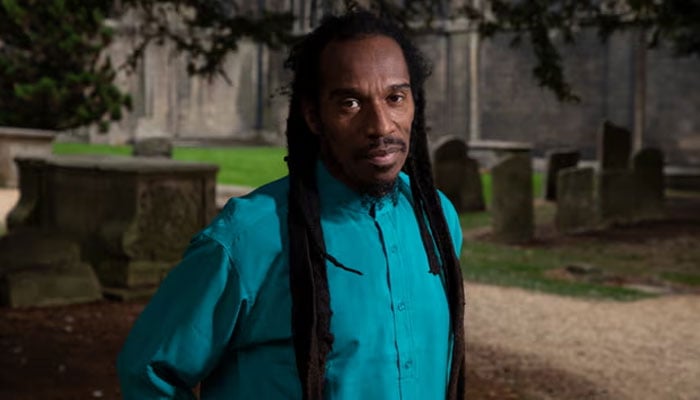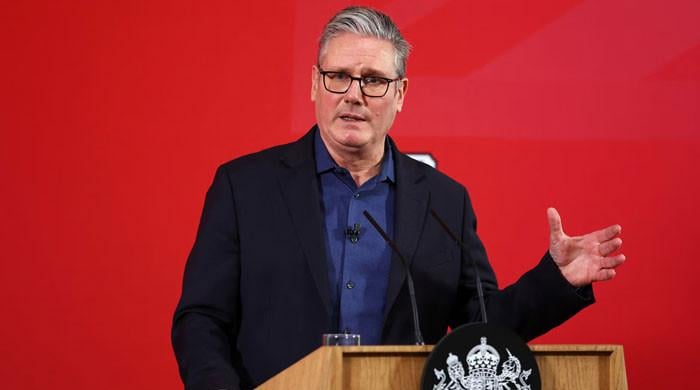Benjamin Zephaniah: British poet, activist, who played ‘Jimmy Jesus' in ‘Peaky Blinders' dies
Benjamin Zephaniah succumbed to brain tumour, which was diagnosis just eight weeks before his demise
December 07, 2023

Benjamin Zephaniah, an acclaimed British poet known for his poignant exploration of political injustices, has passed away at the age of 65.
Zephaniah succumbed to a brain tumour, a diagnosis he received just eight weeks before his demise. The announcement was made through a heartfelt post on his Instagram page, revealing that he passed away in the early hours of Thursday with his wife by his side.
Describing him as a "true pioneer and innovator," the post acknowledged Zephaniah's diverse contributions to literature, music, television, and radio. His impactful career left an indelible mark, creating a joyful and fantastic legacy.
Born in Handsworth, Birmingham, in April 1958, Zephaniah's poetic journey began in his early teenage years, evolving into a lifetime commitment to social activism through his art. Moving to London in 1979, he published his first collection, "Pen Rhythm," and engaged in performances at demonstrations and youth gatherings, advocating against racism and apartheid.
Zephaniah's poetry addressed historical and contemporary events directly, as evident in works like "The Dread Affair," critiquing the British legal system. In 1990, "Rasta Time in Palestine" documented his experiences in the Palestinian-occupied territories.
His activism extended to addressing social issues, exemplified in "What Stephen Lawrence Has Taught Us," a contribution to the campaign for justice for the murdered Londoner.
Influenced by Jamaican music and poetry, Zephaniah was recognised as a dub poet. He released albums and notably recorded with the Wailers in a tribute to Nelson Mandela, who later sought a meeting with him.
The 1990s marked increased literary output, with collections like "Talking Turkeys" and novels such as "Refugee Boy" and "Face."
In 2003, Zephaniah declined an OBE, expressing his opposition to the term 'empire' and its historical connotations of slavery and brutality. His literary legacy includes novels, with "The Life and Rhymes of Benjamin Zephaniah" serving as his autobiography, published in conjunction with his 60th birthday.











